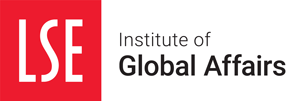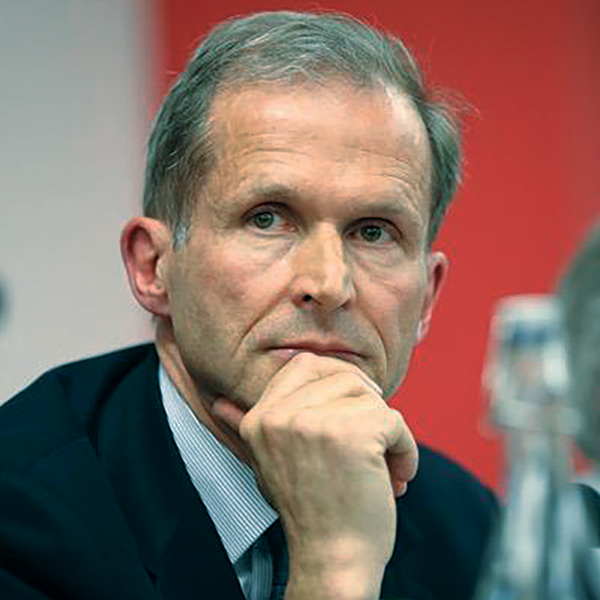LSE

London School of Economics and Political Science

Do we have a global financial system that works for all and are we having the critical impact required to address the global challenges to create a sustainable future for our children and grandchildren? Do our multilateral financial institutions really function as a system? Do the shareholders, and ultimately the taxpayers, get value for money? The G20 Eminent Persons Group on Global Financial Governance (EPG) was a G20 initiative under the German Presidency in 2017 to review the efficiency and effectiveness of the global financial architecture.
The urgent transformation needed to achieve the UN Sustainable Development Goals in 2030 requre global investments on a scale far beyond what we have seen to date, particularly in emerging and developing economies. Much of it will have to come from the private sector, but the international financial institutions will play an important part in supporting the efforts of countries to enhance the investment climate, particularly through improved governance and human capital, and in facilitating private investment by bringing down and sometimes sharing risk.
In conducting its review, the EPG engaged intensely with the private sector. After it delivered its final report, Making the Global Financial System Work for All, to the G20 Finance Ministers and Central Bank Governors in October last year, the group also organised a series of panels at the Bali meeting of the Institute of International Finance. Yet, the EPG has never worked directly with the B20.
This collection of material from the report and opinion pieces is meant to bring the messages of the EPG to the B20 delegates but also to the wider global business community. The LSE Institute of Global Affairs and its Global Policy Lab have taken on the role of facilitating this engagement. We believe strongly in the systemic approach of the EPG and plan to contribute research and policy engagement to further develop the ideas in its final report.
The Global Policy Lab was set up to support connecting policymakers and thinking environments within and across emerging economies, and ultimately to help them increase their impact on global decision-making. The EPG embodies the mission of our Global Policy Lab. Its 16 members include eight from advanced economies and eight from emerging economies, with the EPG Chair, Tharman Shanmugaratnam, Deputy Prime Minister of Singapore, representing the growing leadership of the emerging world. Throughout the work of the EPG, peer-to-peer exchange was critical to progress.
We begin with a statement from the EPG Chair, Tharman Shanmugaratnam, and sum up the report and its proposals. Five members of the EPG will then provide their views on why the group’s work is vitally important for the business community. We have also included four additional contributions from policymakers and policy thinkers close to the group’s work. We hope that you will continue to engage with us and the Friends of EPG network set up to follow up on the EPG report and its proposals towards a new multilateralism.